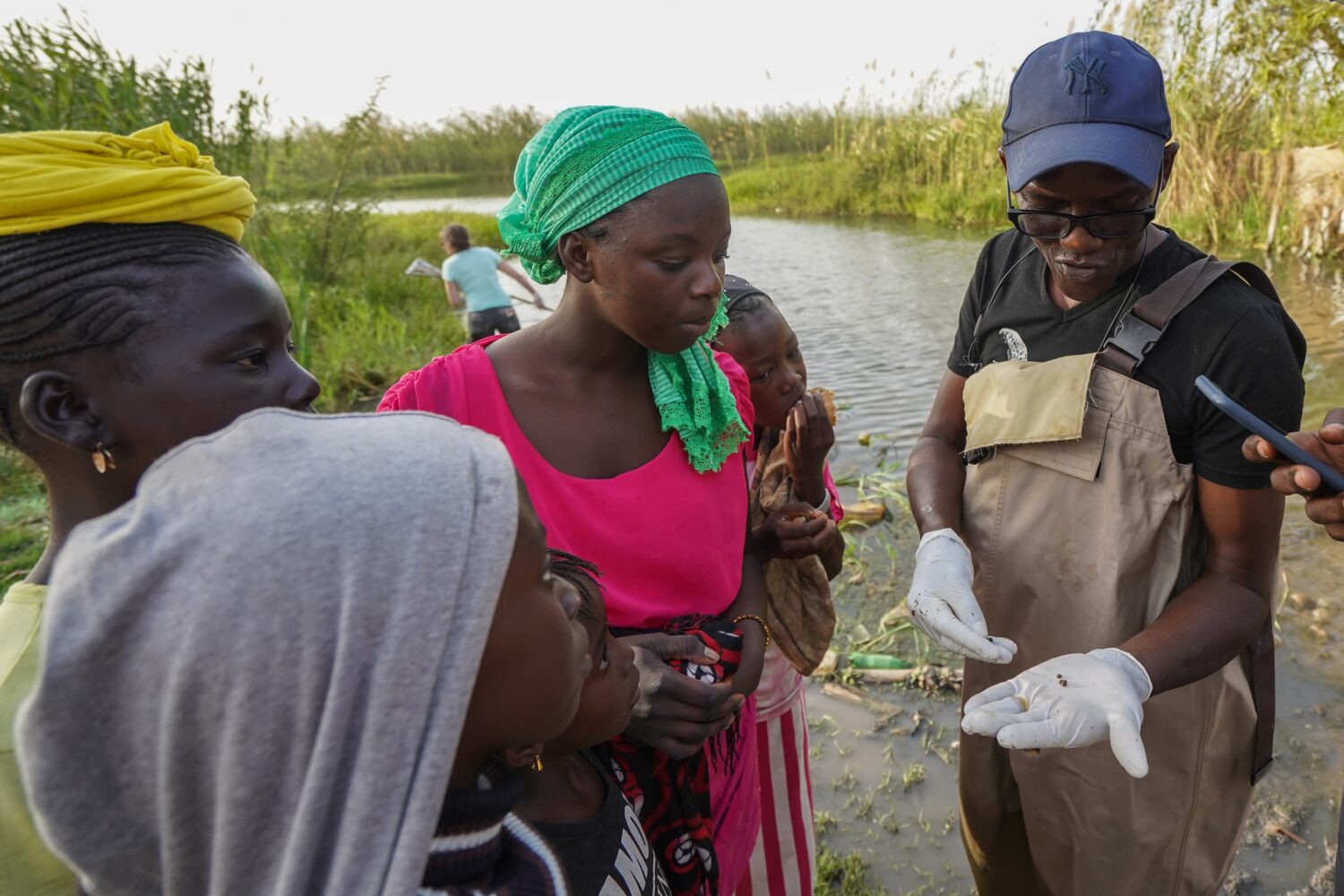
An Anthology of Solutions
Photographer: Hilary Duff
Freelance case study writer Hilary Duff traveled the world from 2018 to 2019 conducting interviews with stakeholders and organization leads to build an anthology of Planetary Health stories. These cases invite readers to reflect on the pressing realities of people living in vulnerability, the complex connections between people and planet, and how the anthropogenic acts of one generation can reverberate through the next.
By weaving together science and stories from individual and community solution-builders around the world, each case study is an opportunity for learners and educators to effectively connect theory with practice and broad knowledge with local realities. In conjunction with other Planetary Health education resources, such as Planetary Health: Protecting Nature to Protect Ourselves, this anthology seeks to be part of a learning process that equips those interested in Planetary Health with the knowledge, skills, attitudes, and values relevant to Planetary Health practice, and enables them to integrate these Planetary Health competencies into solution-driven actions in the near future.
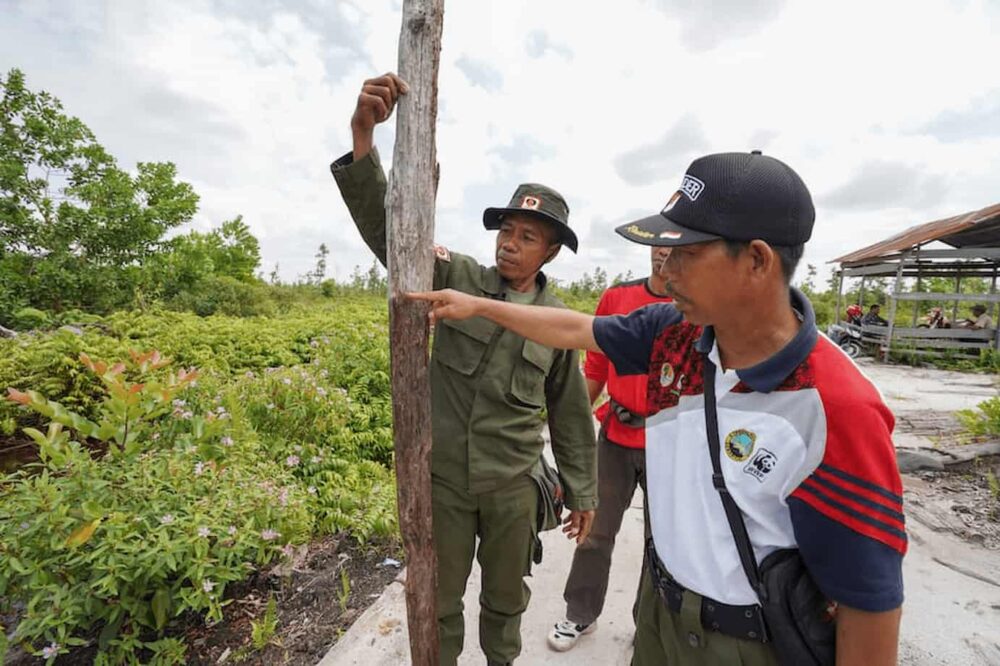
A Science-Driven Policy Approach to Southeast Asia’s Annual Occurrence
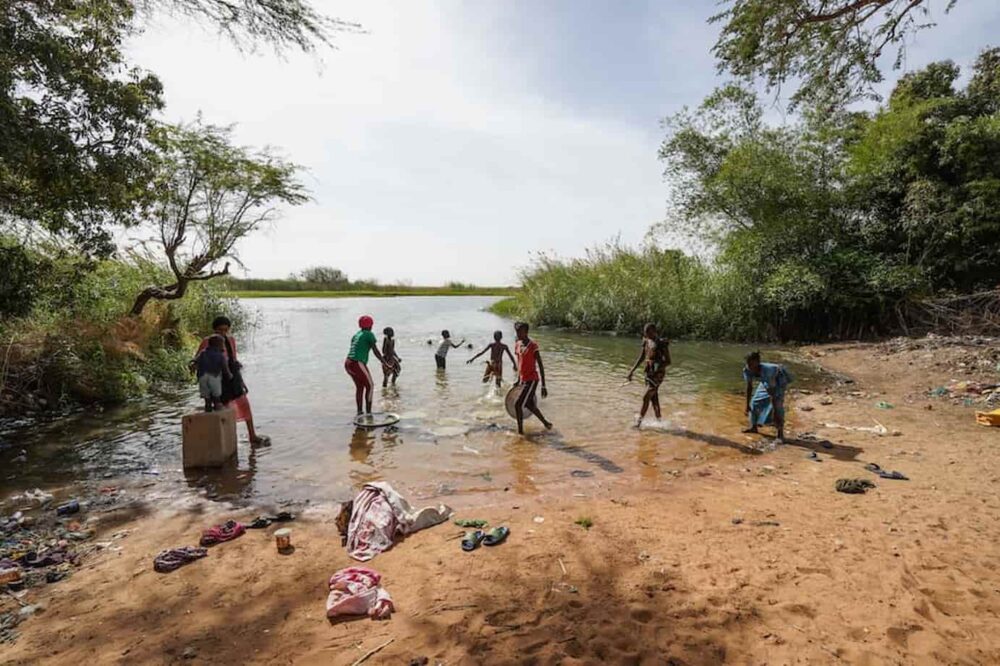
An Ecological Solution to Schistosomiasis in Senegal
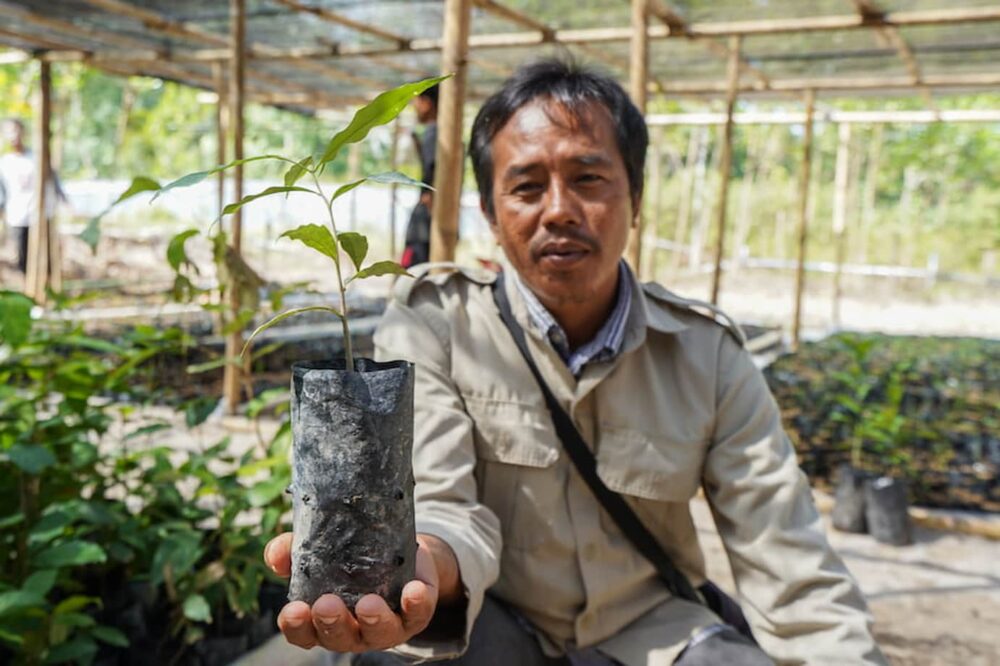
Medical Clinics for Planetary Health
The Surprising Link Between Logging and Healthcare in Indonesia
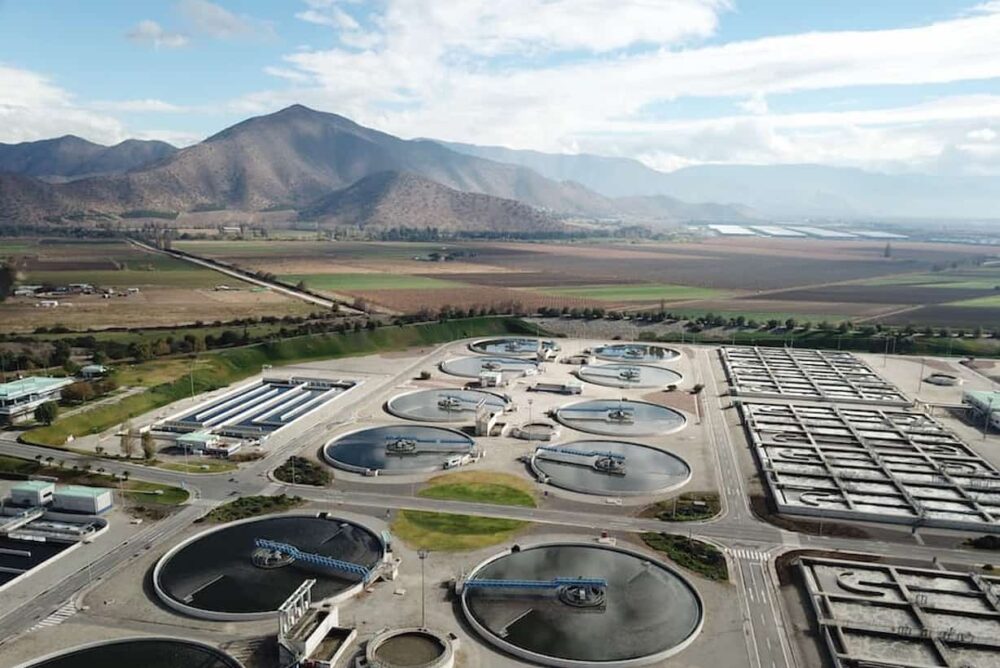
How Restoring a River Ecosystem in Chile’s Capital City has Benefited Human Health and Economics
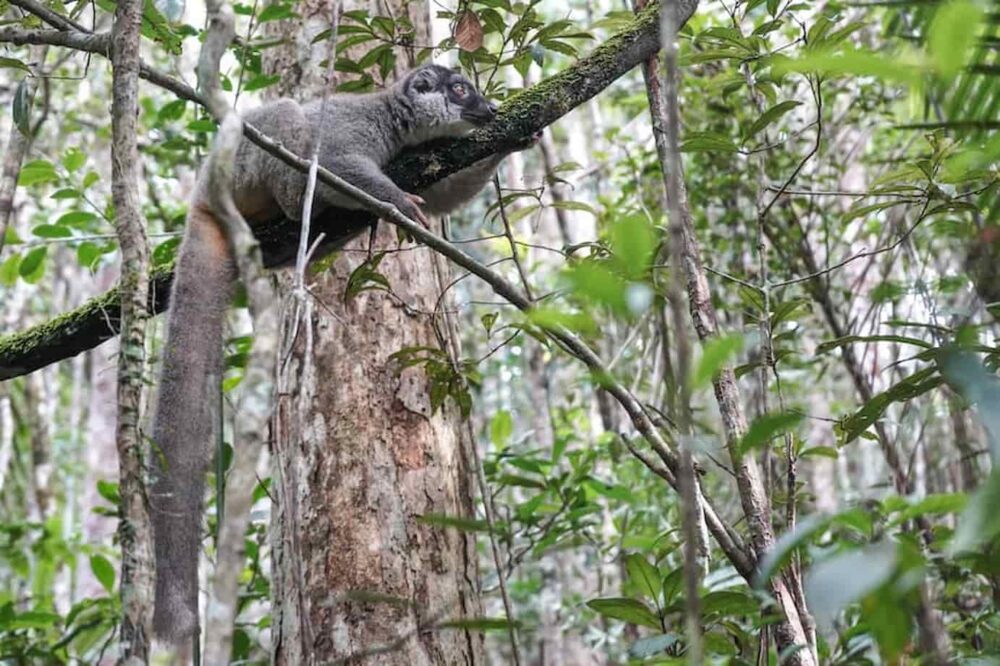
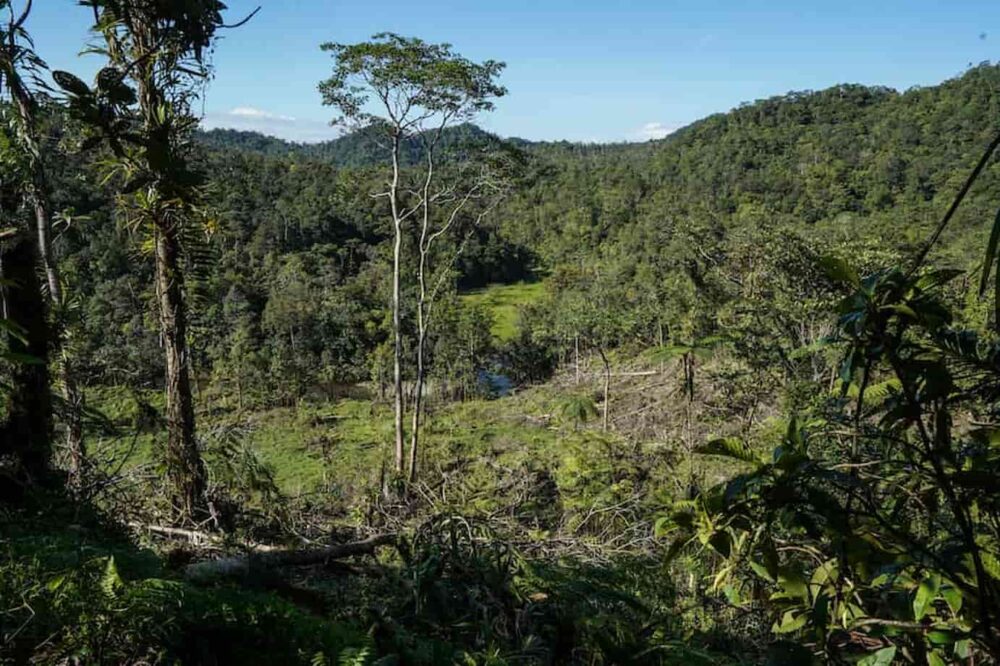
The Link Between Downstream Health and Upstream Actions

Today’s Solutions for the Future of Food
The need for food system change as an opportunity and an urgent call to action
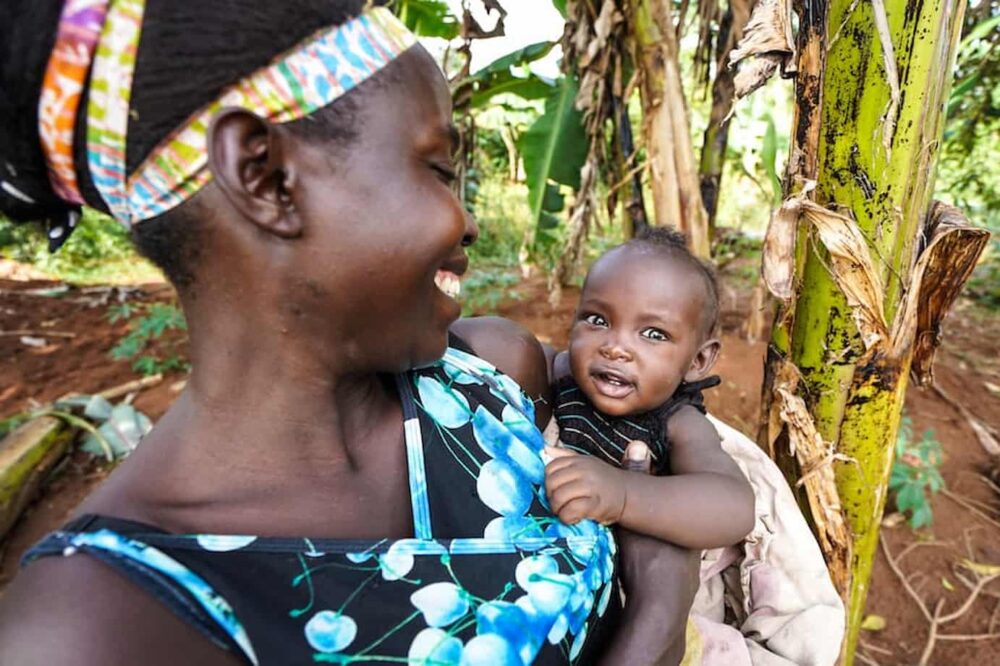
Family Planning for People and Planet
A Population, Health, Environment Approach in the Lake Victoria Basin
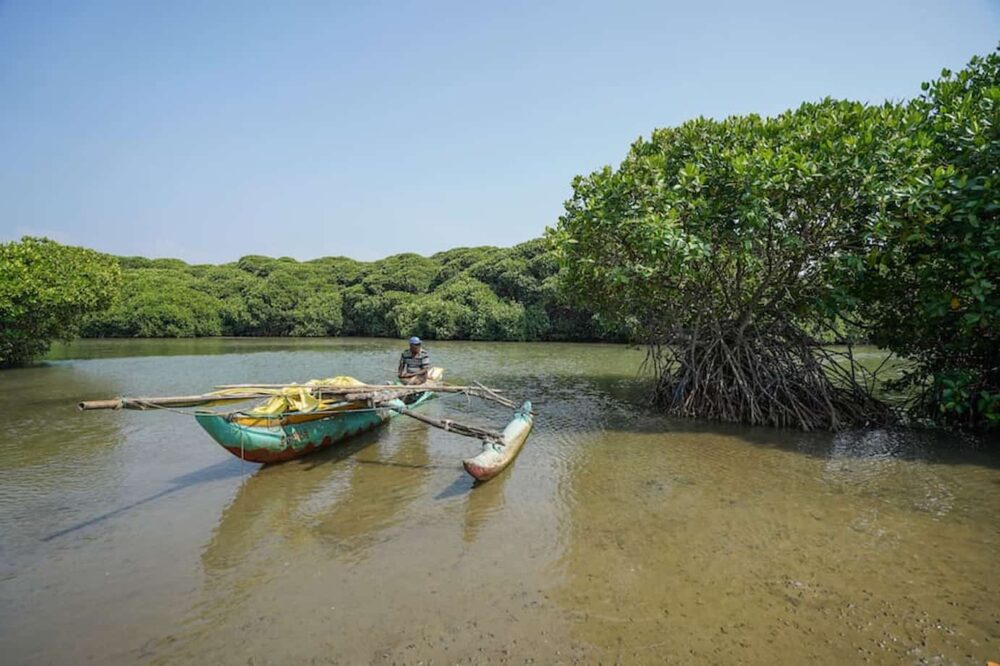
Coastal Conversation Takes Root
Education and Economic Agency as a Way to Protect Sri Lanka’s Mangroves
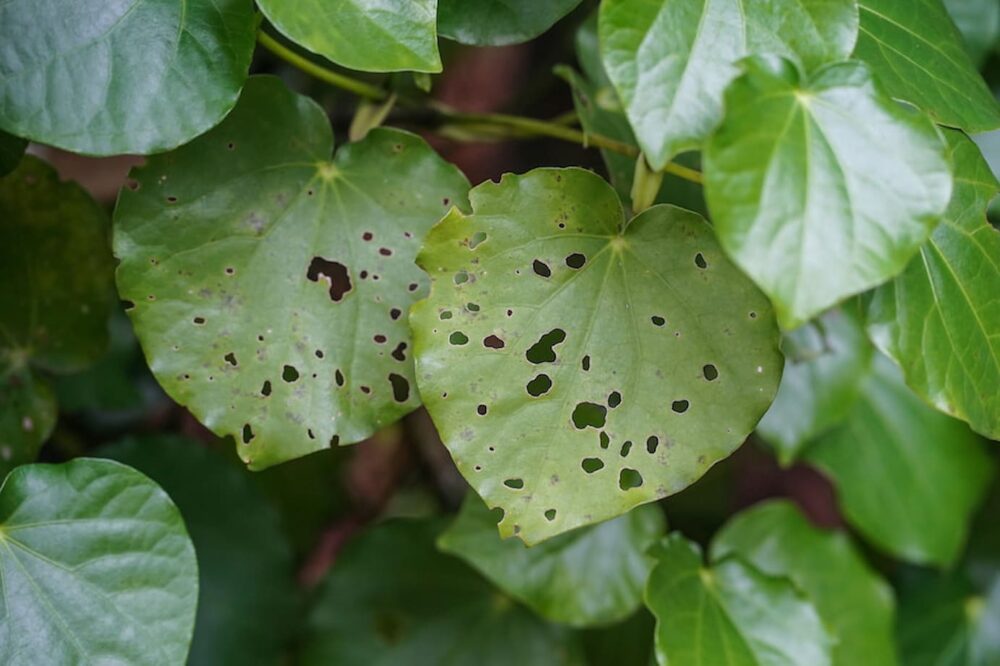
Download the Complete Case Study Anthology and Teaching Guides
Citation Information
Please cite the introductory chapter as “Myers, S., Duff, H., and Faerron Guzmán, C. “Introduction.” in Planetary Health Case Studies: An Anthology of Solutions.” 2020.
Please cite the full anthology as “Duff H., Faerron Guzmán, C., Almada, A., Golden, C., and Myers, S. “Planetary Health Case Studies: An Anthology of Solutions” 2020; https://doi.org/10.5822/phanth9678″
Individual case study citations can be found on each cover page.
This case study anthology was written by Hilary Duff.
Hilary Duff is a multimedia journalist who has worked and reported from six continents. She is interested in solution-based storytelling—amplifying the positive changes being driven at every level, from young social innovators in sub-Saharan Africa to national governments in Asia. Prior to creating this case study anthology, Hilary reported extensively on social and environmental entrepreneurship in sub-Saharan Africa and the MENA region for both Canadian NGOs and international projects run by the European Union and the United Nations Environmental Programme. Her website is www.hilaryduff.work